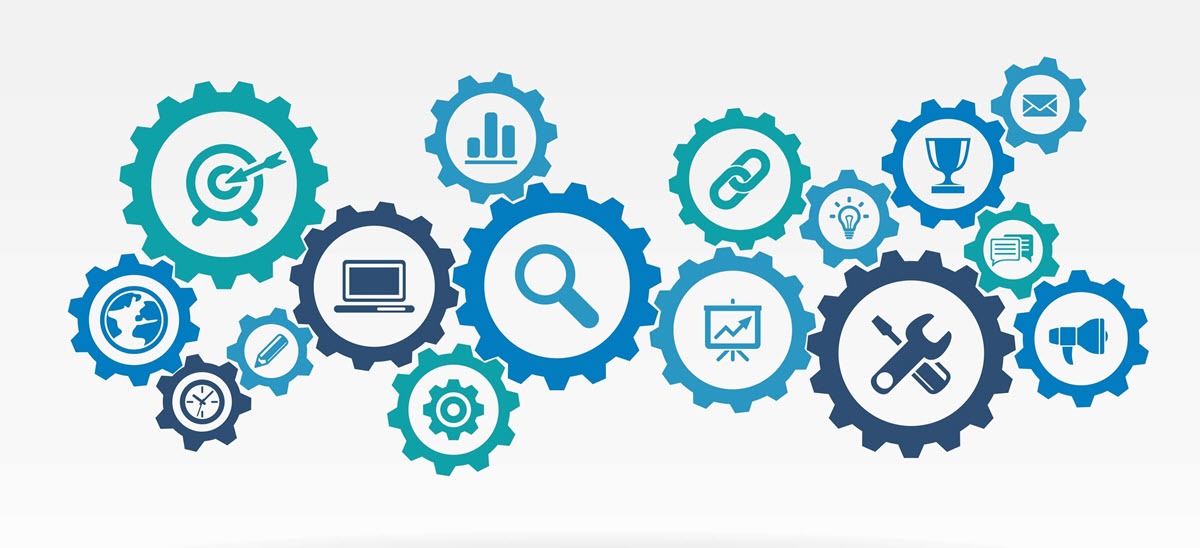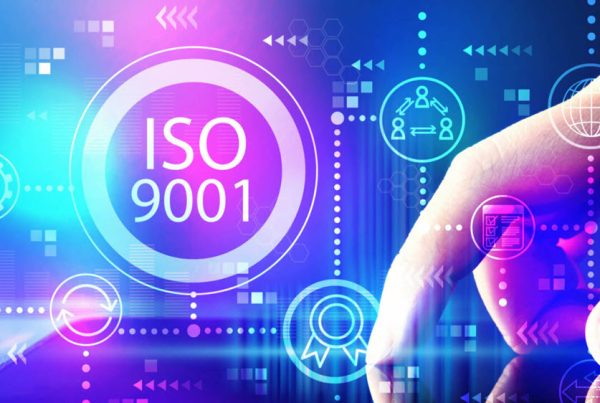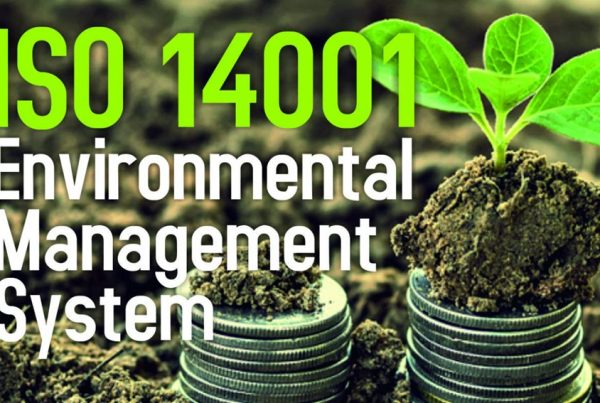What is ISO?
International Organisation for Standardization (ISO) is a non-governmental organisation which works independently along with 164 national standards bodies as its member. The experts are brought together through its members for knowledge sharing and voluntarily develop consensus-based International Standards that are relevant to market, offer solutions to international challenges and support innovation. Some of the most recognized and used ISO Management System Standards include ISO 9001, ISO 14001 and ISO 45001. In addition to these standards, there is more than 50 additional standards that form part of the ISO portfolio. They comprise different areas, for example education (ISO 21001), information security (ISO 27001) and food safety (ISO 22000).
In recent years, the use of management systems has developed fast from quality improvement to energy efficiency, environmental performance and even road traffic as they reveal complex working environments and perspectives which are gradually increasing with time. The impact of management systems is quite significant on various organisational functions as well as aspects. Moreover, progressively more organisations comprise more than one Management System Standard. Majority of the business entities have knowledge about the certification value under ISO 9001, ISO 45001, ISO 14001, and additional standards of management system. However, it must be kept in mind that ISO and other standards serve the purpose of helping us to run our organisation in a better way. The management system is not justifying its intended value in case our workforce has to duplicate work pointlessly because of our management system. Basically, an ISO integrated management system is a single structure which is formed in order to manage different features of organisational operations along the lines of various standards.
ISO Integrated Management System
Practically speaking, an integrated management system leads to integration of current formal systems and applying particular best practices on the overall organisation. When it comes to an integrated management system, the whole goes beyond the total of its components. By successfully developing an ISO integrated management system, an organisation can enjoy various benefits such as avoiding efforts duplication, decreasing work exertion, efficient use of resources and time. In the context, Annex SL is the document structure every ISO management system standard is based on. It has been developed to facilitate an organisation in the practical implementation of integrated management systems, equipping them with the required tools to rationalize existing procedures, promote standardisation and change current management systems into an ideal integrated model. In the latest ISO 9001 and ISO 14001 standards the general structure has been established, and it is applied in ISO 45001 as well. As a result, this will enhance the compatibility of the standards which will allow effective integration. Besides the other plus point of unification, now implementing integrated management systems will simplify the shift into this model.
Common ISO Standards Used in IMS
A concise overview of some of the commonly adopted and implemented integrated management system standards is discussed here. ISO 9001 integrated quality management system standard certification shows that an organisation is fulfilling the strict requirements of quality management in the areas of people, facilities, training, services and equipment. Achieving this certification is considered as the initial step in the implementation of an organisation-wide continuous improvement process. Another well-known standard in this aspect is ISO 14001 and its certification is indispensable for all entities that are determined to create, apply, preserve and develop a resourceful environmental management system in an enhanced way. In term of scope where the ISO 14001 standard is implemented, it depends on different aspects like the types of products and services, particular environmental policies, locality and working environment of an organisation.
Furthermore, ISO 45001 also holds a prominent position in the ISO standards accepted at world-wide level. The latest Health & Safety standard ISO 45001 covers the very significant element of occupational health and safety. It will give an efficient structure to decrease workplace risks, improve employee protection and develop improved working conditions for organisation’s workforce in general at global level. The organisations who intend to develop an ISO Integrated Management System must be aware of the fact that proper expertise is needed for developing an efficient integrated management system in an organisation.
If you are looking to integrate your management systems into one integrated management system, then contact us for a free consultation on how we can support to make it as efficient as possible.





